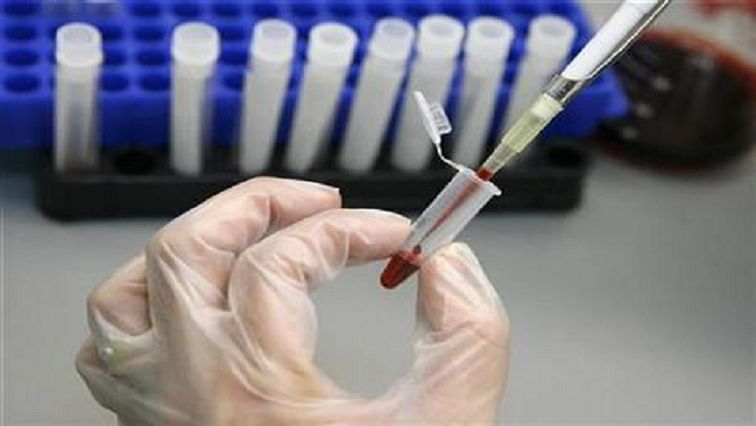The World Health Organisation (WHO) and UNAIDS have warned that if interruptions in health services and supplies during the COVID-19 pandemic are not overcome, it could lead to more than half a million extra deaths from AIDS-related illnesses in Sub-Saharan Africa. The groups warned that a six-month disruption in antiretroviral therapy due to interruptions in HIV services, supply chains or healthcare services that are overwhelmed due to the coronavirus, could have stark consequences.
The warnings from the WHO and UNAIDS follow similar alerts from GAVI- the Vaccine Alliance that helps to vaccinate almost half the world’s children against deadly and debilitating infectious diseases. Gavi warns that at least 13.5 million people could miss out on vaccinations with millions likely to follow.
This could affect mitigation efforts for diseases like measles, polio, yellow fever, meningitis and cholera among others while at least 21 low to middle-income countries are already reporting shortages. UNICEF has also warned that disruptions to essential maternity and health services is the biggest crisis faced by under-fives since the second world war.
“UNICEF is appealing to governments, the private sector, the airline industry and others to free up freight space at an affordable cost for these life-saving vaccines. Countries with limited resources will struggle to pay these higher prices, leaving children vulnerable to vaccine-preventable diseases such as measles and polio. Disruptions in routine immunizations, particularly in countries with weak health systems could lead to disastrous outbreaks in 2020 and well beyond, ” says spokesperson Marixie Mercado.
Sub-Saharan Africa could suffer further without mitigation efforts to bolster the region’s HIV response.
A six-month disruption of anti-retroviral therapy could lead to more than 500 000 extra deaths from AIDS-related illnesses, including from tuberculosis, in sub-Saharan Africa in 2020-2021.
” WHO and UNAIDS also noted that people could continue to die from the disruption in large numbers for at least another five years, with an annual average excess in deaths of 40% over that period,” says UN Spokesperson Stephane Dujarric.
While the World Health Organisation went even further flagging border closures and disruptions as detrimental to even the malaria response.
“A new modelling analysis published last week estimates the potential disruption to malaria services from COVID-19 in 41 countries in Sub-Saharan Africa. In the worst-case scenario the number of malaria deaths in Sub-Saharan Africa could double,” says Director-General Dr Tedros Adhanom Ghebreyesus.
As the overwhelming nature of the coronavirus pandemic threatens individuals not just with COVID-19, but it could yet prove to be undermining the hard-earned gains in the response to other more well-known but equally debilitating diseases around the world.
In South Africa, the Positive Action Campaign encourages HIV and TB patients to be screened for COVID-19:






